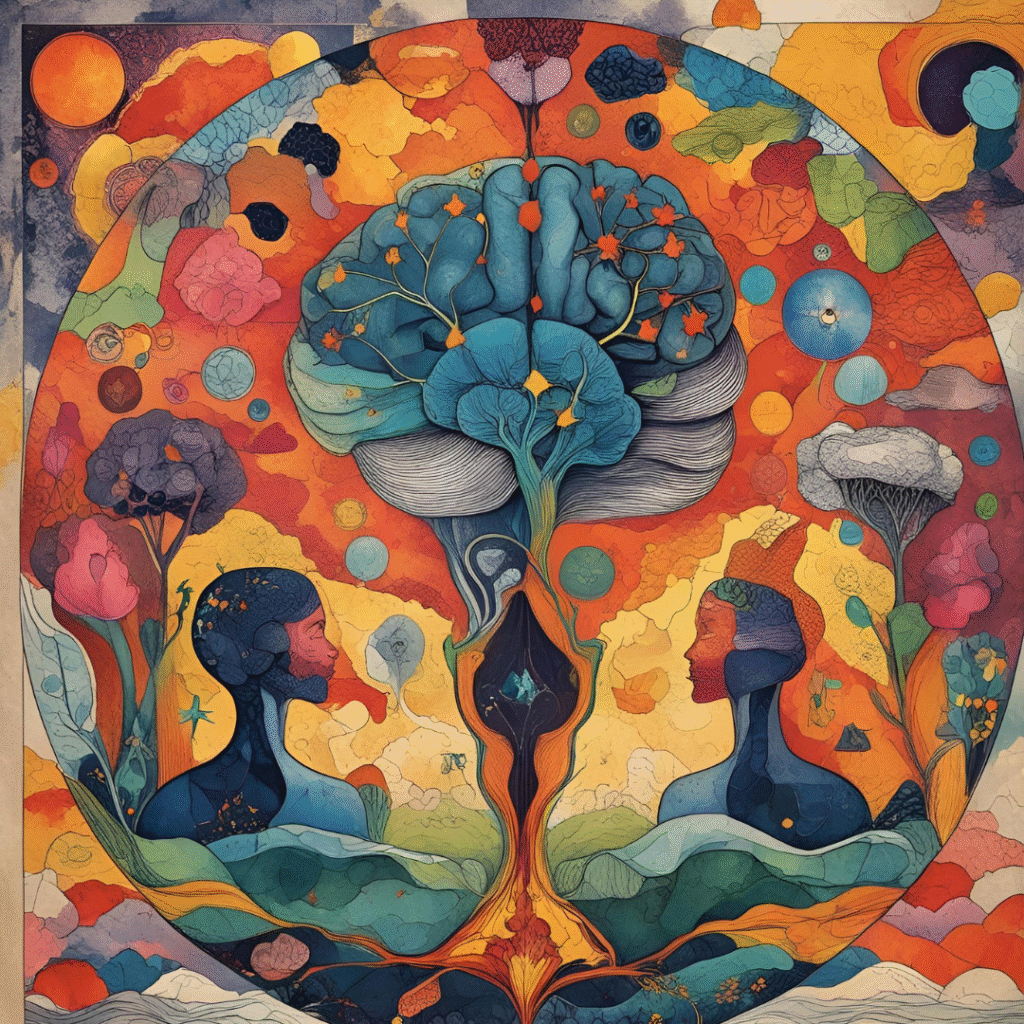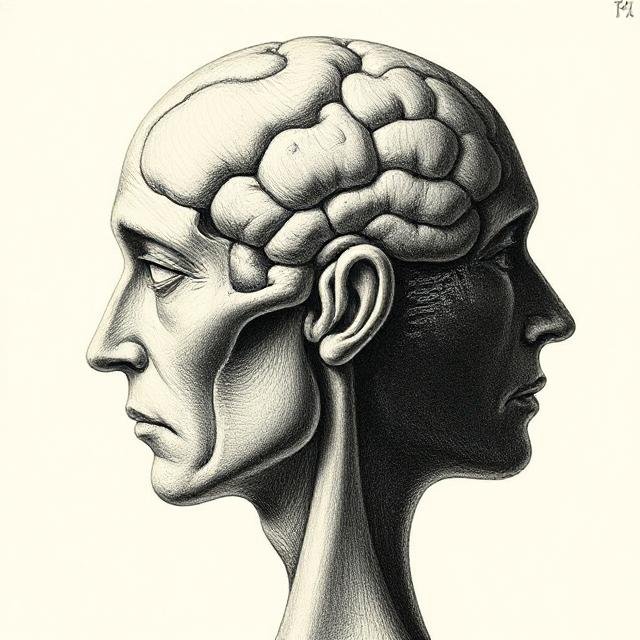What is Mental Health?
Mental health encompasses our emotional, psychological, and social well-being. It affects how we think, feel, act, manage stress, relate to others, and make choices.
Good mental health isn’t simply the absence of mental illness. It’s about:
- Coping effectively with life’s stresses
- Maintaining fulfilling relationships
- Working productively
- Feeling a sense of purpose and belonging
The State of Mental Health in 2025
In 2025, mental health is finally recognized as a core component of overall health. However, challenges remain significant:
- Anxiety disorders remain the most prevalent mental health condition worldwide.
- Depression continues to be a leading cause of disability.
- Loneliness and social isolation have become public health priorities, especially post-pandemic.
- Burnout rates are rising across workplaces, particularly among healthcare, education, and tech professionals.
Data shows nearly 1 in 4 adults globally are experiencing a diagnosable mental health condition—a number that has steadily increased over the past decade.
Common Mental Health Challenges
Some of the most widespread conditions include:
Anxiety Disorders
Characterized by excessive fear, worry, and physical symptoms like restlessness or rapid heartbeat.
Depression
Marked by persistent sadness, hopelessness, fatigue, and loss of interest in activities.
Post-Traumatic Stress Disorder (PTSD)
Develops after trauma, leading to flashbacks, avoidance, and intense emotional distress.
Bipolar Disorder
Involves mood swings from extreme highs (mania) to deep lows (depression).
Substance Use Disorders
Rising rates of alcohol, drug, and behavioral addictions are linked to stress, trauma, and social factors.
Key Factors Influencing Mental Health
Mental health is shaped by a complex mix of factors, including:
- Biological: Genetics, brain chemistry, hormone levels.
- Psychological: Trauma, chronic stress, coping skills.
- Social: Relationships, community support, economic stability.
- Environmental: Exposure to violence, pollution, or unstable living conditions.
Protective factors like healthy relationships, exercise, and purpose-driven activities play a major role in maintaining mental wellness.
Emerging Trends and Innovations
Mental health care in 2025 is evolving rapidly. Notable trends include:
- Teletherapy: Virtual counseling remains a crucial service, increasing access worldwide.
- AI and Mental Health Apps: Tools using artificial intelligence offer personalized support for anxiety, mood tracking, and crisis intervention.
- Workplace Wellness: Employers are investing in mental health programs to reduce burnout and improve productivity.
- Psychedelic Therapy Research: Studies continue exploring substances like psilocybin and MDMA for treating PTSD, depression, and addiction.
- Focus on Prevention: Schools and communities are prioritizing mental health education and early intervention.
How to Support Your Mental Well-Being
Here are practical ways to care for your mental health:
- Stay Connected: Build and maintain supportive relationships.
- Prioritize Sleep: Rest is crucial for emotional stability and cognitive health.
- Move Your Body: Exercise reduces stress hormones and boosts mood.
- Limit Digital Overload: Take breaks from news and social media.
- Seek Professional Help: Therapy or counseling can be life-changing, even before a crisis arises.
- Practice Mindfulness: Meditation, deep breathing, and grounding exercises help manage anxiety and intrusive thoughts.
Remember: Mental health care is as essential as physical health care.













